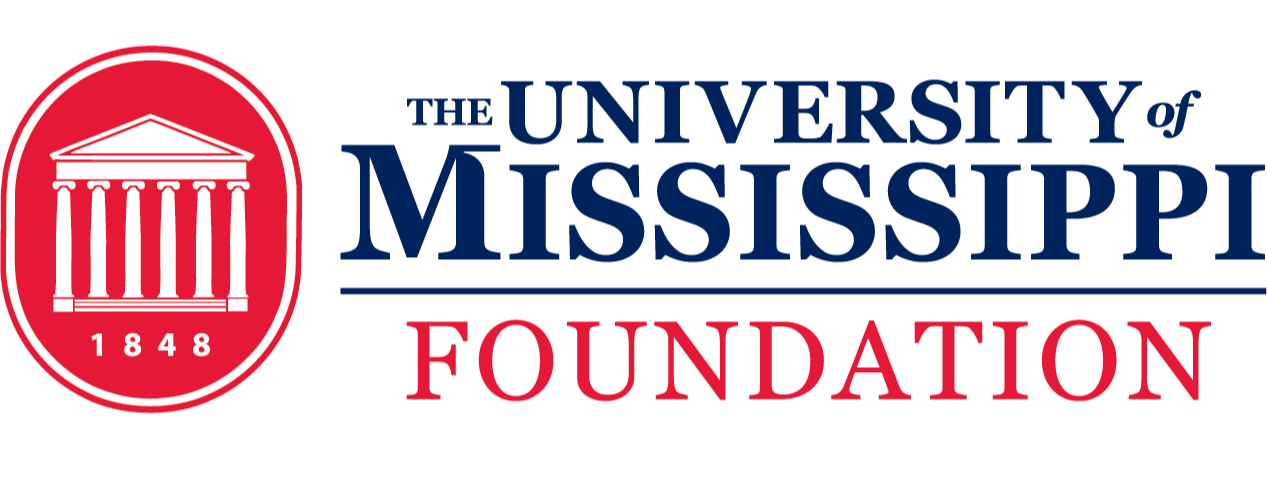Until last year, Phil and Charlotte Malone of Oxford, Mississippi, were able to receive a charitable gift deduction for annual insurance premiums of $20,200 on life insurance policies they transferred to the University of Mississippi Foundation.
Now, a change in tax law could have prevented the couple from claiming a full deduction for their yearly gift to the university.
The Malones’ annual charitable gift benefits an endowment established as a tribute to their son, Ryan, an Ole Miss graduate student who was only 24 when he died in September 2012. Unfortunately, the gift is less than the standard deduction threshold for a married couple, which Congress raised to $24,000 under the new plan; the threshold for individuals is $12,000.
“The challenge in effectively deducting all eligible charitable contributions is for itemized deductions such as medical expenses, health insurance costs, home interest costs and other taxes paid to exceed the standard deduction,” said Phil Malone, retired chair and associate professor of finance at Ole Miss. “Unless you maximize your gifts, then only part — or in the worst case scenario, none — of your charitable contributions will decrease your taxes.”
A strategy called “bunching” will help donors like the Malones, said Anna Langley, director of finance and accounting for the UM Foundation. Bunching allows donors to combine several years’ worth of contributions into one gift.
“If donors find themselves short on itemized deductions, they can consider consolidating (also known as bundling or bunching) a few years of charitable contributions into a single year to help exceed the higher standard deduction threshold,” she said.
For example, if the Malones bunch their 2018 and 2019 premiums into a single gift for 2018, their contribution will exceed the $24,000 standard deduction threshold, allowing them to itemize and receive a charitable tax deduction on their gift.
“In order to achieve the full reduction of taxes each year, the best strategy would be to double, triple, et cetera, your contributions in one year and itemize. The next year (or years) they could make no charitable contribution and employ the standard deduction,” Phil Malone said.
For gifts to be counted in the 2018 tax year, checks must be postmarked and security gift transfers received by Dec. 31. If giving by credit card, online gifts must be initiated by noon on Dec. 31 and credit cards sent by mail should be received by Dec. 28.
For more information about tax advantages related to charitable giving, contact Langley at 662-915-1298 or anna@umfoundation.com.
By Bill Dabney

